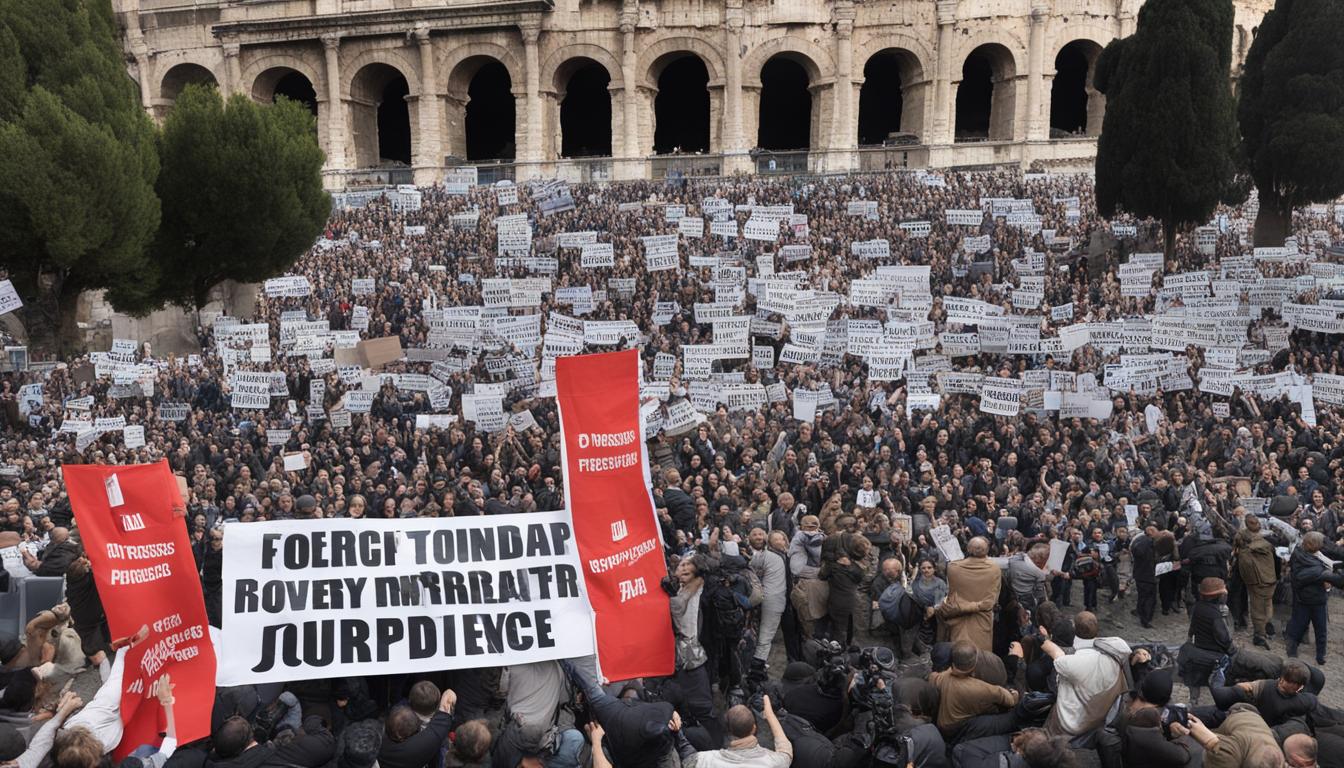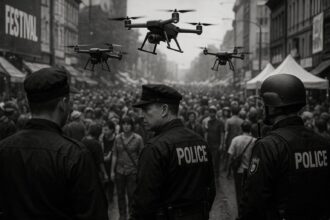Journalists at Italian state broadcaster Rai have gone on strike, protesting against alleged editorial interference and the risk of turning into a government mouthpiece under Prime Minister Giorgia Meloni’s administration.
Journalists at Rai, Italy’s state broadcaster, have initiated a strike in response to perceived editorial interference and concerns over becoming a mouthpiece for Prime Minister Giorgia Meloni’s right-wing government. The strike was largely fueled by allegations of political influence and censorship, particularly after the cancellation of writer Antonio Scurati’s television appearance, where he criticized Meloni. This incident has intensified the ongoing debate about government control over the media in Italy.
Daniele Macheda, the president of Usigrai, the principal union representing 75% of Rai journalists, has been vocal about the need for journalistic independence and has criticized laws dating back to 2005 that, according to him, enhance government control over Rai. This concern is echoed by Reporters Without Borders, which recently downgraded Italy’s press freedom ranking due to restrictive laws.
Meloni’s coalition, led by her Brothers of Italy party, is accused of attempting to use Rai to project its agenda, with critics drawing parallels to Viktor Orbán’s Hungary, where the press is under tight government control. In response, Rai management has countered the strike claims as political maneuvering and accused journalists of spreading misinformation.
The strike highlights broader issues in the Italian media landscape, including fears surrounding the future of Rai amidst budget cuts and digital restructuring, which journalists argue could compromise the broadcaster’s independence. The acquisition of the Italian news agency AGI by a lawmaker from the League party has also raised concerns about potential increased government influence over the media.
The outcome of this confrontation remains uncertain, with ongoing tensions indicating a potentially prolonged struggle over the independence and future of journalism in Italy.













